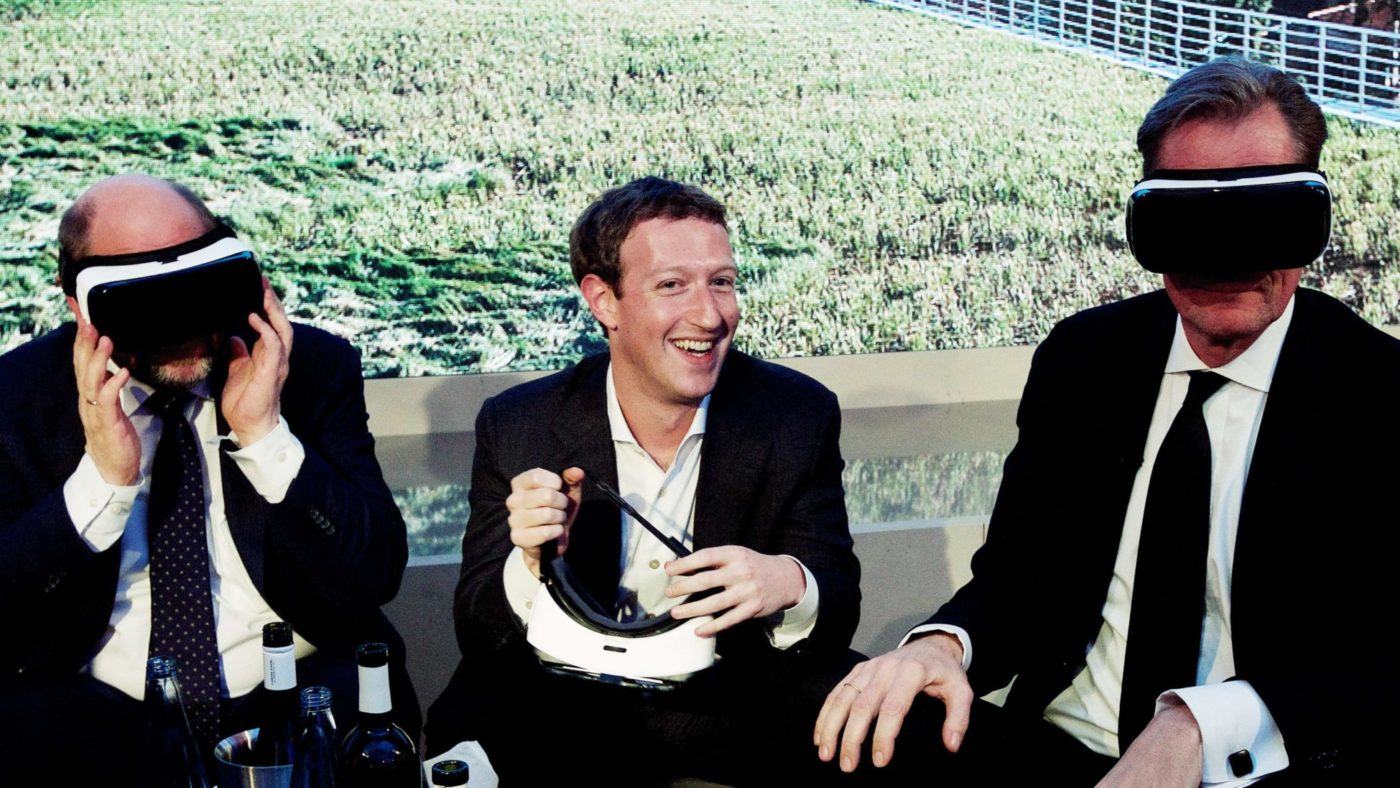Unless you were hiding in the woods, you couldn’t have missed the screaming headlines about Oxfam’s inequality report last month. Much outrage was directed at the eight men who own the same wealth as half the world does. If you weren’t already hiding in the woods, you might have been tempted to head in that direction.
The blood of every true justice fighter is still at boiling point. They are at the ready with their pitchforks and torches… or at least posting their advice for the world reorganisation on social media.
In the words of one of Slovak MP: “These billionaires will never, in their whole life, be able to spend their wealth and they have not done anything for the benefit of the people.”
Ironically enough, he posted this on the wall of a social network belonging to one of these billionaires, using a computer running an OS created by another one of these billionaires.
The report was, in fact, full of good news: the highlight was there were no dictators – who had gained their wealth through the impoverishment of others – on the list. Another upside was that no one on the list had inherited their assets (Greetings to Mr. Piketty!).
While Warren Buffet’s father was a congressman, the others were firmly from the middle class. The second richest person on this planet, Amancio Ortega, is a son of a Spanish railway worker. Several others are either from the first or the second generation of immigrants.
Is this an exhibition of wolves from Wall Street, who “worked” on their wealth during wild parties with central bankers and regulators? Not really – only two of them are financiers. Buffet released his first tax returns at the age of 14, having started out selling nick-nacks to his neighbours. Bloomberg, meanwhile, made money on stock-exchange information systems rather than investment (not that there would have been anything wrong with that).
And the others? Facebook, Microsoft, Oracle, Amazon… Even if you’d been living in that forest for some time, you’d still know about the significant impact these companies‘ products had on our world. Often it was the poorest who gained the most from the IT revolution. Remember that the next time you speak to a help desk operator from Bangalore.
So what about Bill Gates’s 75 billion dollars. Does anyone miss them? Did he steal them from the Africans or Bangladeshis? No, he did not. Contrary to popular belief, assets do not rain from the sky, they have to be created.
Gates or Zuckerberg are rich, because they have created their wealth – in the form of a successful product. And their own wealth in no way halts the progress of the others – quite the contrary. It provides them with new tools to help them create wealth too.
The billionaires don’t have huge vaults full of gold coins. Most of the wealth is in the form of company shares. So what would happen if Bill Gates threw a philanthropic tantrum and gave three Microsoft shares to every citizen of Bangladesh? You can probably guess: nothing special. And what would the impoverished Sudanese do with Amazon shares that don’t even pay dividends?
What if these eight rich men sold all their assets (426 billion dollars) and gave this money to the tenth of humanity which lives on less than two dollars per day? These people would now have four dollars per day. For one year. And even that is hypothetical, because there is no one in this world who could buy assets worth half a trillion dollar in a snap of a finger.
The following year, there would be neither money, nor billionaires left.
Production of wealth is a long-term process, while redistribution is non recurring. Only one of these approaches can be used to reach prosperity.


